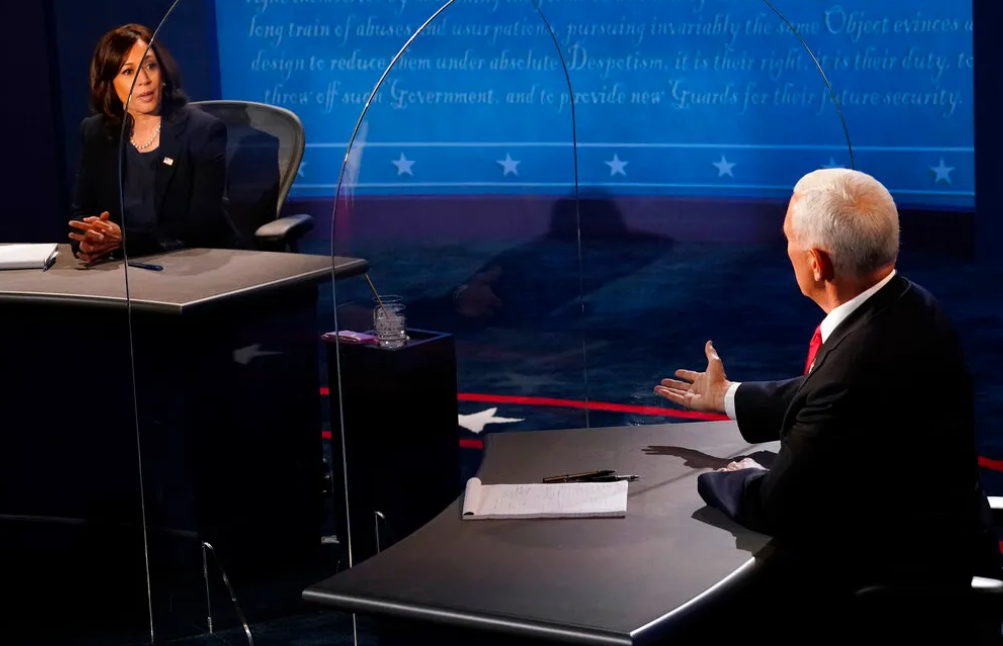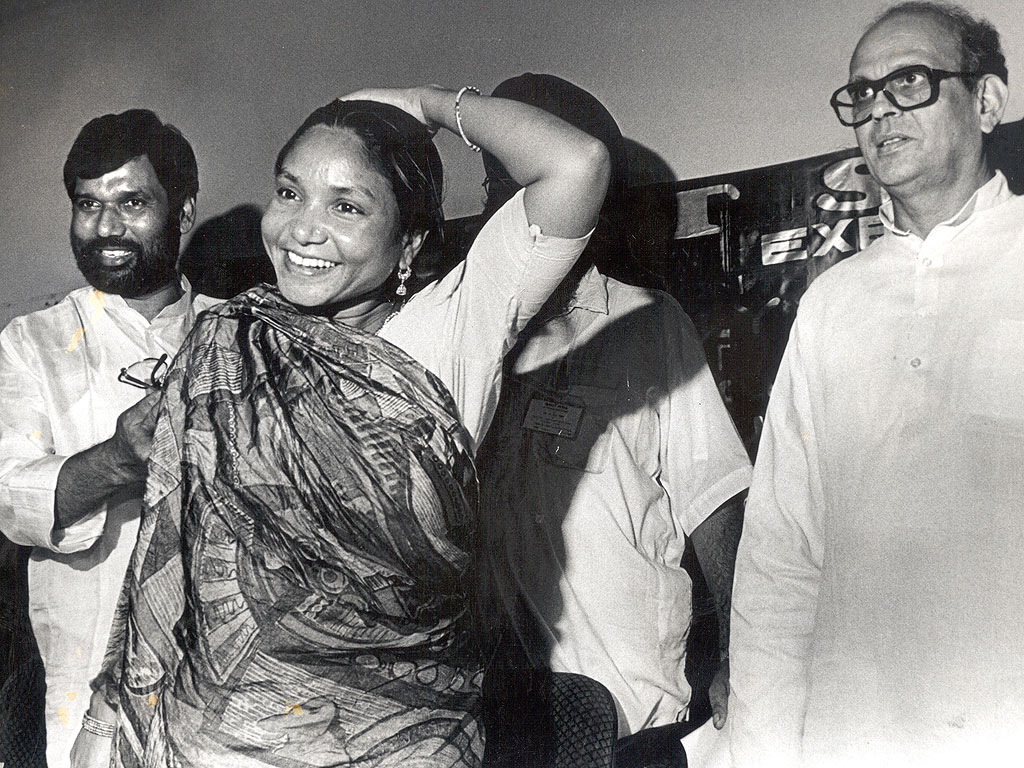
The Count: Americans explain themselves

Trying to feel sorry for Americans can be a bit like trying to feel sorry for Manchester United fans. They’re clearly down on their luck, but after years dominance secured at least in part through foul play, you get a sneaking feeling they might deserve it. Although, unlike Manchester United, America’s unseemly decline has some very serious consequences, for themselves and, unfortunately for the rest of us, beyond. For this reason, if no other, I thought it was about time to hear from the Americans themselves (because that just doesn’t happen enough). If US politics is entering its late-style, imperial-decline phase, then where better to view it from than the shores of merry England, where for nearly a century our politicians have been raging against the dying of the light, watching in dismay as the sun finally sets on the empire, fighting the not-so-good fight, and every other metaphor you can think of for dealing with the loss of hegemony. So, I sat down with three American Oxford students to get their takes on the upcoming election, and what it means for their nation’s, and all nations’, futures. (A note before I continue: these students obviously don’t reflect the range of views of the American electorate. If the distorting effect of only talking to young students who chose to study abroad wasn’t enough, then the fact they all wanted to spend their afternoons speaking about the election to The Isis probably ensured their opinions wouldn’t be rosy. But Ofcom-flavoured impartiality™ would hardly be in a transatlantic spirit, would it?)
Having a well-rounded discussion about this election can be pretty difficult: every other sentence threatens to turn back to Donald Trump, the man at the centre of it all, squealing for attention. “Trump to me is like watching a dumpster fire,” Elliot, a second year at St John’s College, tells me. “It’s awful, and it’s dangerous, but I cannot take my eyes away from it.” This, of course, is one of Trump’s key appeals. Mary, who’s visiting for the year from Columbia University, agrees: “Americans love to be entertained, and I think that is a terrible thing. I think people forget where his fame came from. This is someone who knows how to stir up some shit in front of the camera and create some drama, just to keep people watching. That is kind of the whole point of reality TV.”
There’s no clear consensus, though, about how Democrats should have dealt with this. For Felix, a second year at New College, Trump offers “an enormous opportunity for whoever his opponent is, because if they memorize facts, if they show that they understand economics, understand geopolitics, they can just come off as so much smarter than him and so much more competent.” His assessment of Kamala Harris’s campaign is that this opportunity has been missed: “I see her being asked softball questions about the economy on CNN, and then reciting the stuff that she said in the debate, which doesn’t answer the question.”
On the other hand, there’s a sense that the Trump campaign plays by different rules than anyone else does. Things which would be seriously damaging to any other candidate seem to play no part in his supporters’ thinking. Mary argues “Every political fuck up that ever could have happened to a politician has happened to this man, and it has barely affected the polls at all. People literally don’t care he has done every single thing you’re not supposed to do.” Elliot agrees but finds this has a distinctly American precedent: “It feels like the same refrain you hear with school shootings. You think, just one more tragedy, just one more thing will happen, and that will be what stops people supporting this. But that line is never found.” However they might think a better campaign would have damaged the former President, nobody thinks the Harris campaign rose to the challenge. “I feel like there was so much enthusiasm and momentum over the summer that I was kind of like, you know, she actually could totally win this one,” Mary says. “There was so much optimism. And then it just died out.” Looking back at the period Kamala seemed to be genuinely popular (briefly, even, ‘brat’). Elliot wonders “How much of the optimism over Harris was “thank God we don’t have Biden,” rather than actual enthusiasm for the candidate.”
This is not merely a failure in advertising, though. For Mary, “Democrats are so focused on this fantasy of crossing the aisle and being bipartisan in a way that Republicans are not. Bending over backwards to potentially reach across the aisle has forced them to get pulled more and more to the right, along with the Republican Party.” There’s an analogy here with British politics, Elliot argues: “The Democratic Party needs to remember its own political identity. It’s reminiscent, to me, of Labour in the last election, which felt like it had lost some of its own identity, and all Labour had was not being the Tories.” Felix comes at this from a different perspective, having mailed in a vote for the Libertarian Party (there was no threat of Trump winning in his state, Vermont). “The Democrats have managed to make the government so large,’ he argues, ‘and have turned the government into such an enormous part of the economy. But at the same time, there really is no obvious view that it’s all for the workers, or for the people left behind.”
This leads us to a key question: is the immense support for Trumpism a backlash to the failures of status-quo politics, or is there something extra? All three want to make clear that the answers are complicated. When I suggest that there’s a religious fervour deep-seated in the movement that British people could never really understand, Mary partly agrees, but she also stresses this can’t be the whole story. “Christian fanaticism, and that kind of right wing, intense evangelical Christianity is this weird, fascinating kind of cultural phenomenon, and it does have a huge presence in politics. But I wouldn’t say that actually, the vast majority of Trump voters are religiously influenced voters.” Elliot concurs: “I think it’s less that this whole group of people fall into the same religious tradition and more that there’s a certain appeal to specific values of the nuclear family and a patriarchal society, and really a kind of white, heterosexual norm that people feel very comfortable with” Felix thinks the main thrust of Trump’s support is economic, rather than identarian. “I think there’s a reason he’s done better with so much all minorities than any Republican has in history. He appeals to the people who feel left behind and people who feel forgotten. That’s one thing he’s done a really, really good job of: painting himself as is a man of the people, the guy who cares about the people who’ve been left behind.” But, again, Trump’s rise needs to be understood against the backdrop of disaffection with mainstream politics: “Looking at the Democrats they really do not seem to me to care, just like any establishment party doesn’t seem to care. It’s just because he’s not establishment, he’s able to make it looks like he cares.”
On both counts, no one is blind to the irony of Trump being the beneficiary of these tendencies. His personal history should hardly make him a saint in the eyes of the Christian Right, and his economic populism is equally topsy-turvy, with Elliot referring to him as “The friendly neighbourhood billionaire who cares about the poor.” The feeling is, then, that Trump’s rise cannot be explained straightforwardly. He is both a cause and a symptom, and untangling all the historical threads will take serious effort. “It’s easy,” Mary says, “to have a sweeping explanation for something that is genuinely, deeply confounding to most people, whether they are American or not. It’s inaccurate, and it’s lazy to say, ‘this is why everyone is doing this.’ Because it’s not.” For all three, Trumpism is a phenomenon that will take serious thinking to overcome. Whether or not he wins the election, and whether or not he keeps his grip on the Republican base, there are lessons that need to be learnt. “A lot of different Americans have gotten behind him in a way that people should not just brush aside. People should sit down and really, really, really try to figure it out.”
Viewed from the UK, this election can seem absurd. From the farcical septuagenarianism of the Biden-Trump debate, to the realisation that this election will most likely be decided by a few hundred-thousand voters in three or four swing states, it feels like watching the frustrating tendencies of British politics get turned up to eleven. But that shouldn’t, and generally doesn’t, stop us from taking it seriously. Mary finishes with this: “What bothers me is this idea that all Americans who vote for Donald Trump are kind of really, really stupid people. And I think that removes a lot of accountability, actually, in an international conversation. They know what they’re voting for.” And if the geographic distance of Oxford makes us think that what feel like circus really just is one, we should be wary. “These are not hypotheticals. They’re not just headlines. There are people’s lives at stake.” ∎
Words by Joseph Rodgers. Image Courtesy of Morry Gash.







